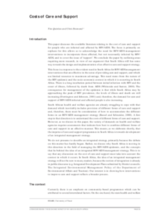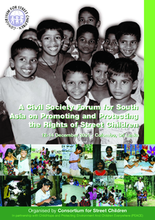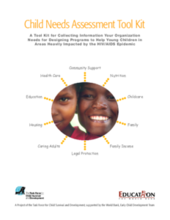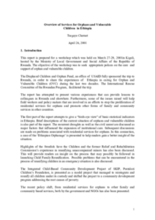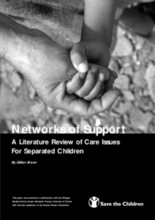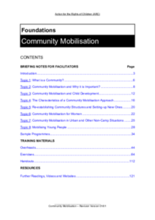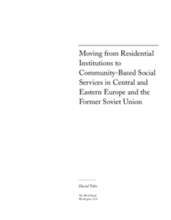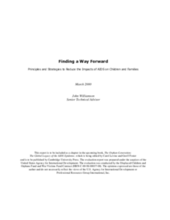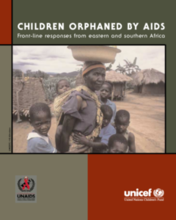Displaying 301 - 310 of 312
Discussion of the cost of care and support for children affected by HIV/AIDS in South Africa, with a recommendation for the combined use of state based interventions and community based solutions.
Report from a regional meeting on street children in South Asia. Contains country reports, outlines key issues, and highlights best practices for programs operating in the region. Includes recommendations for advocacy, program and policy development.
A case study that describes and analyzes Group care arrangements and the fostering program (“Family Attachment”) in the refugee camps in Pignudo (Ethiopia) and Kakuma (Kenya). This study includes the evaluation done on the Family Attachment program in Kakuma refugee camps which assessed it’s weaknesses and strengths.
A comprehensive tool kit providing a methodology, questionnaire and software for assessing the needs of young children affected by the HIV/AIDS epidemic. Used to help design of service programs, secure funding, and monitor and evaluate programs specifically targeting the needs of young children and their families.
A report on a workshop that was presented in Rwanda that sought to share the experiences of of Ethiopia in caring for orphan and vulnerable children. The aim was to provide lessons to colleagues in Rwanda and elsewhere. The report includes statistical data, information on reunification programs, and reviews recent government and NGO policy shifts.
This report reviews existing the literature on separated children and examines childhood, family, childcare practices and separation. It highlights the importance of context and child participation in designing programs and policies to assist separated children.
Discusses the importance, benefits and challenges to community mobilisation for refugees and other displaced persons, with a particular emphasis on children. Includes facilitators notes, participatory exercises, overheads, and handouts.
A paper describing a study that reviewed the role of institutional care in Albania, Armenia, Latvia, Lithuiania and Romania, where the World Bank worked to develop community based care social services and move away from large residential institutions that according to the paper have deleterious affects on the nations and on the people who live in them. Particularly, the study focuses on the use of residential institutions by children, people with disabilities and the frail and isolated elderly.
Provides a multi-level approach for the analysis and development of context-specific interventions in communities affected by HIV/AIDS epidemic. Includes discussion of microfinance services, and highlights several community-based programs.
A publication on the global emergency of the AIDS pandemic and the crisis it creates among the children left behind. In an effort to protect vulnerable children, examples of country responses from Botswana, Malawi, Zambia and Zimbabwe are highlighted. Includes recommendations for strategic action.

